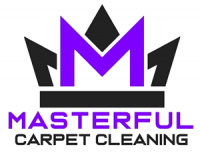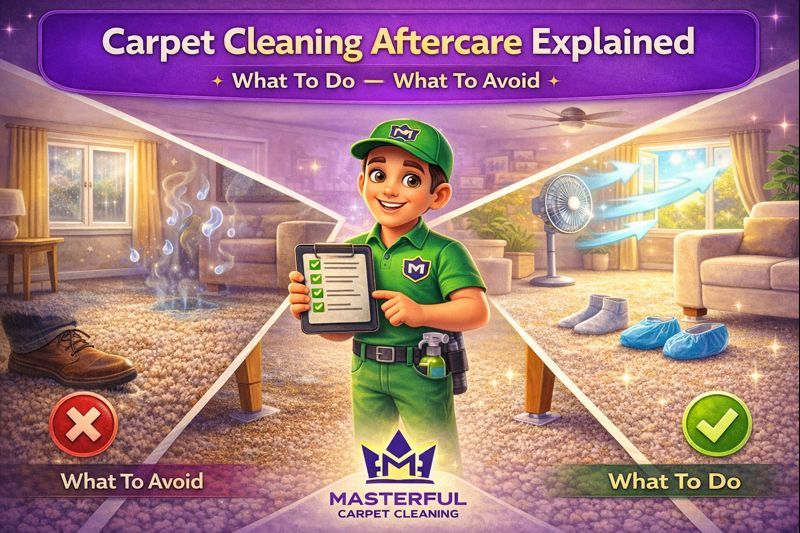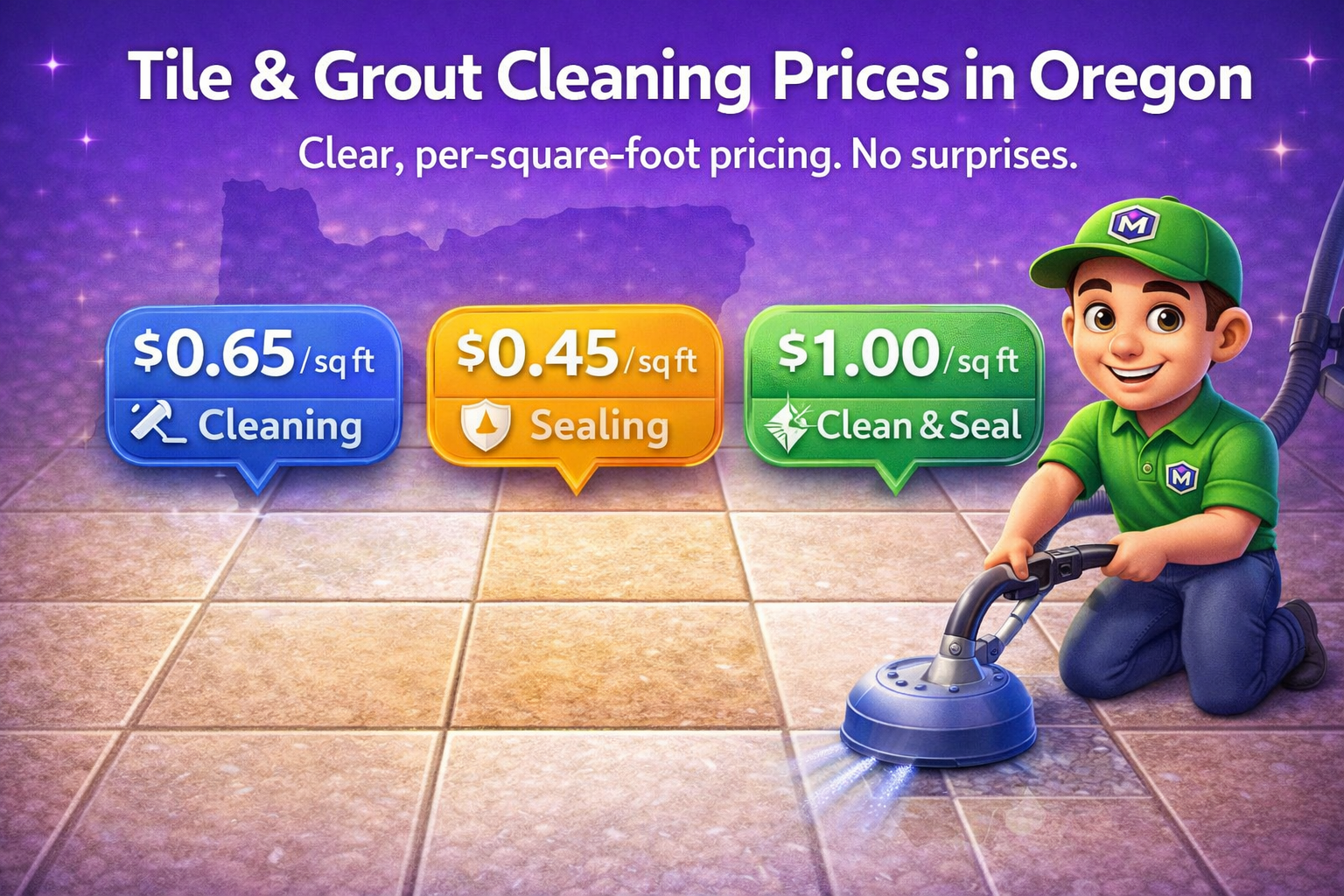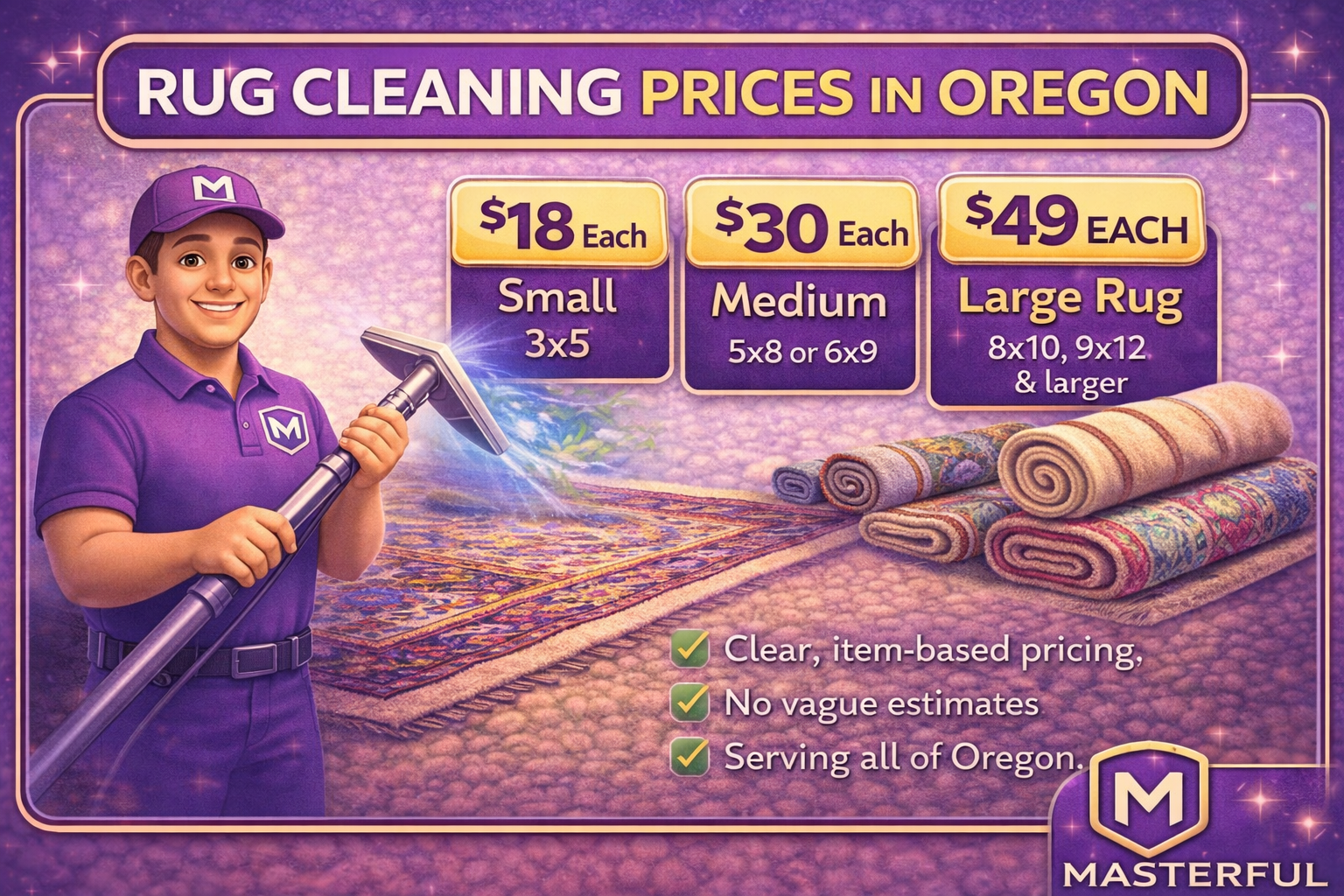Top 5 Carpet Maintenance Tips for Lebanon’s Rural Homes
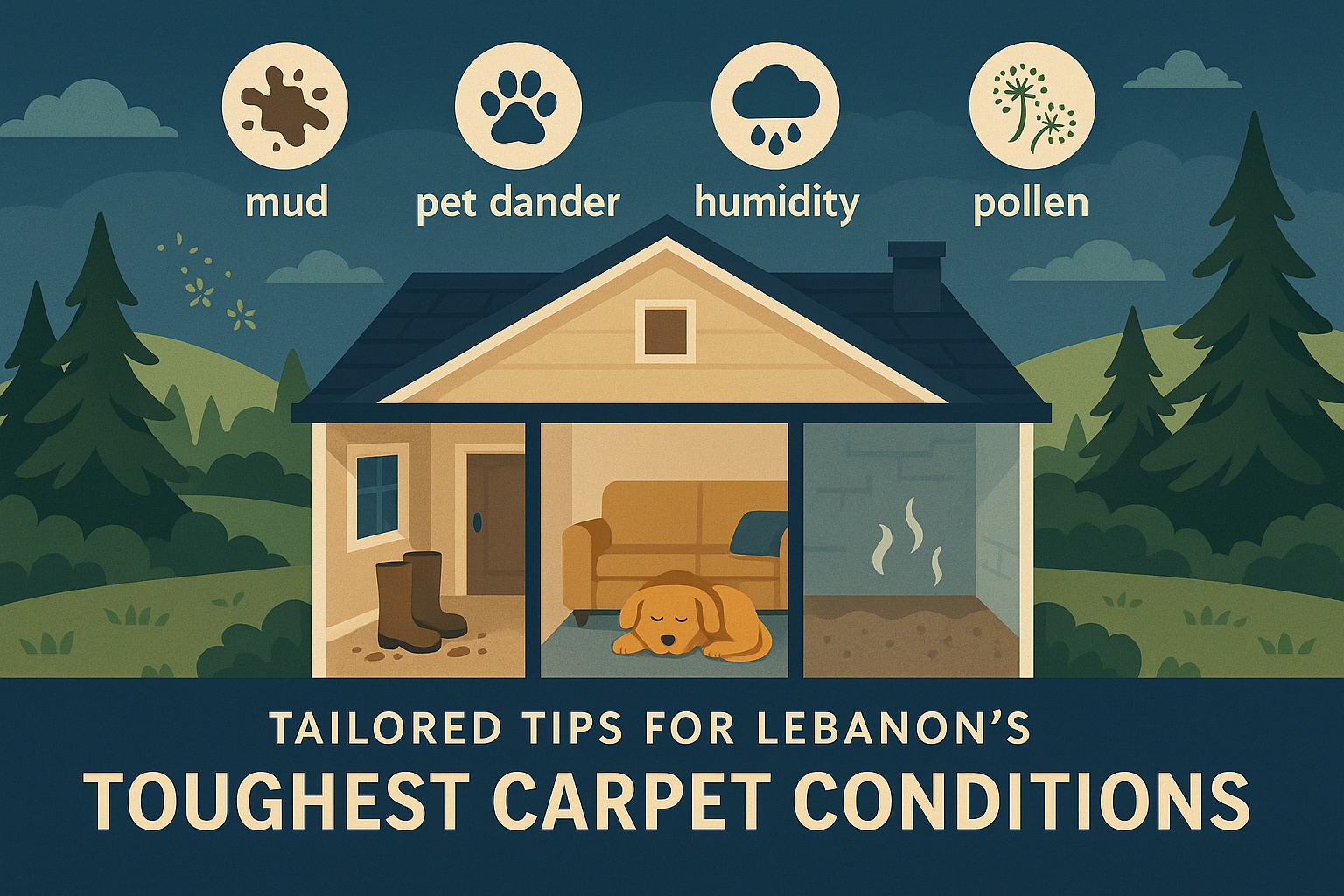
Maintaining clean and durable carpets in Lebanon’s rural homes requires more than standard vacuuming, it demands an approach tailored to unique conditions like soil-heavy foot traffic, pet mobility, and seasonal humidity fluctuations. These environmental pressures are especially intense in homes with unpaved driveways, nearby livestock, or frequent outdoor-indoor movement.
When managing mud in spring or dampness during Oregon’s wet winters, this guide offers five strategic tips to preserve your carpets’ look, health, and longevity. Backed by industry expertise from Masterful Carpet Cleaning, this guide aligns maintenance practices with the distinct realities of Lebanon’s countryside.
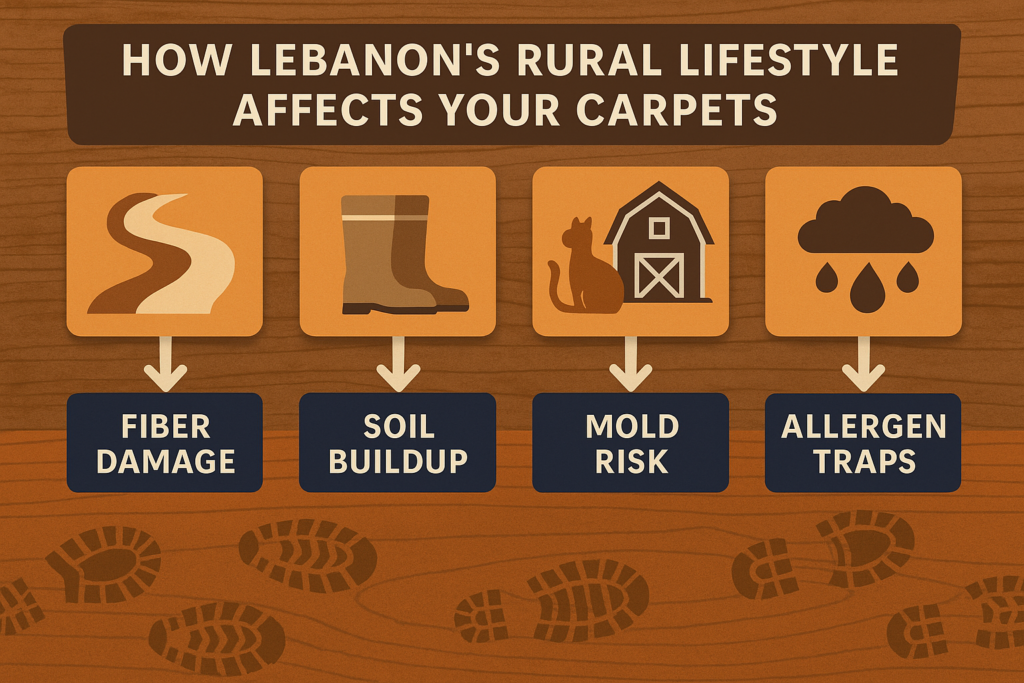
How Lebanon’s Rural Lifestyle Affects Your Carpets
In rural Lebanon, the landscape directly influences how fast carpets degrade. Homes here often face constant exposure to grit, pollen, and pet debris, especially from areas like barns, gardens, or unsealed driveways. These abrasive particles embed themselves into carpet fibers, weakening structure and dulling appearance far more rapidly than in urban settings.
Rural humidity, particularly in basements or older homes with poor insulation, invites mold and mildew formation under carpet padding. When combined with pet traffic, boot moisture, and a lack of centralized filtration systems, carpets in Lebanon’s countryside become highly susceptible to fiber matting, odor retention, and structural breakdown.
Knowing these threats is the first step to protecting your investment and maintaining a healthy indoor environment.
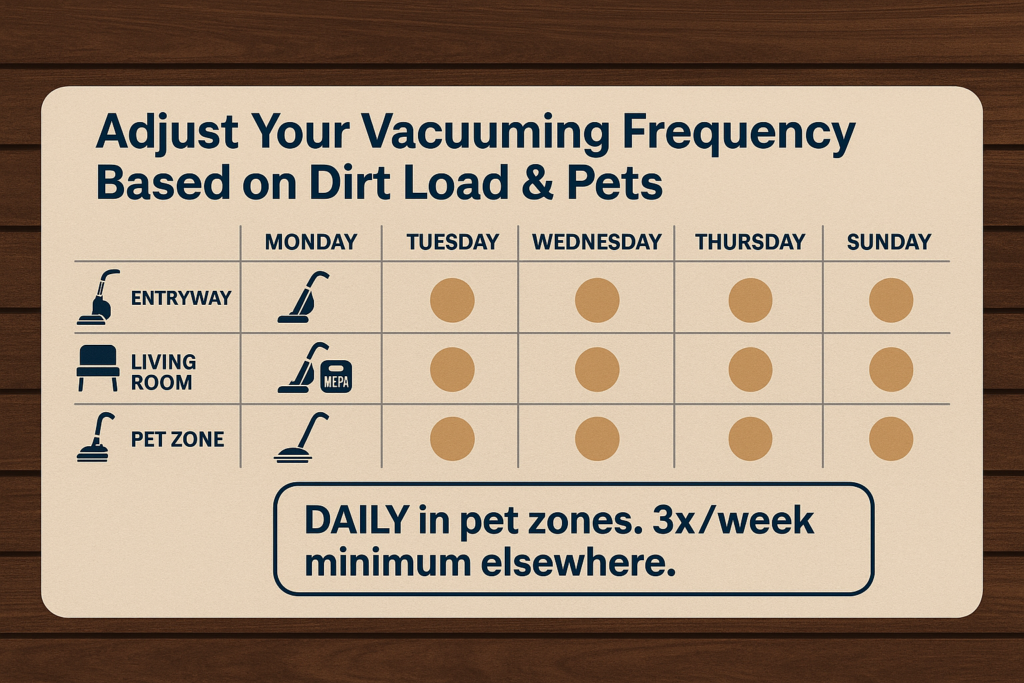
Adjust Your Vacuuming Frequency Based on Dirt Load & Pets
In rural Lebanon homes, vacuuming once a week isn’t enough. High-traffic areas like entryways, mudrooms, and paths frequented by pets accumulate soil, pollen, and organic debris on a daily basis. Left unaddressed, this dirt embeds deeply into carpet fibers, accelerating fiber breakage, allergen buildup, and discoloration.
The solution is to increase vacuuming frequency to at least 3-5 times per week in problem zones, and daily if you have two or more pets. Use a vacuum with dual-motor suction and a HEPA filter to capture fine particulates and dander. For delicate fibers like wool, switch to a brushless vacuum head to prevent snagging.
Smart routine adjustments, based on location and foot traffic, can significantly extend carpet life in Lebanon’s soil-rich environment.
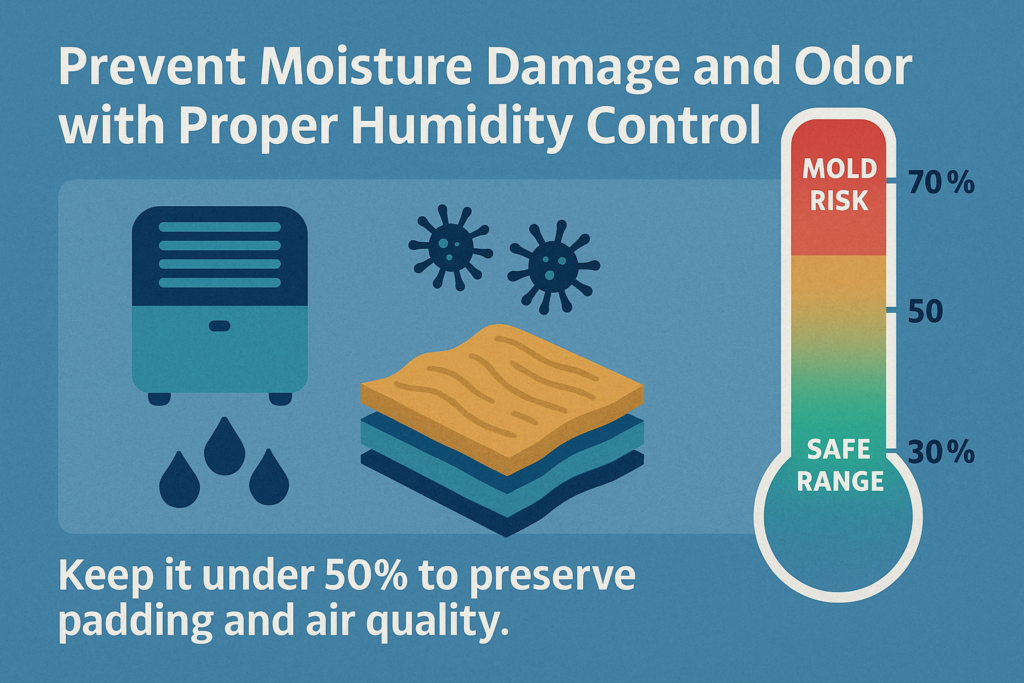
Prevent Moisture Damage and Odor with Proper Humidity Control
One of the most overlooked carpet threats in Lebanon’s rural homes is indoor moisture. During Oregon’s wet seasons, humidity levels can climb above 55%, creating the ideal environment for mold, mildew, and bacterial growth beneath your carpets.
To prevent this, maintain indoor humidity between 40-50% using portable or whole-home dehumidifiers, especially in basements or slab-on-grade areas. Moisture barriers beneath rugs, sealed baseboards, and proper crawl space ventilation further reduce risk.
Persistent moisture can lead to musty odors, padding rot, and even air quality issues. By regulating humidity, you protect both your carpet and your home’s respiratory health.
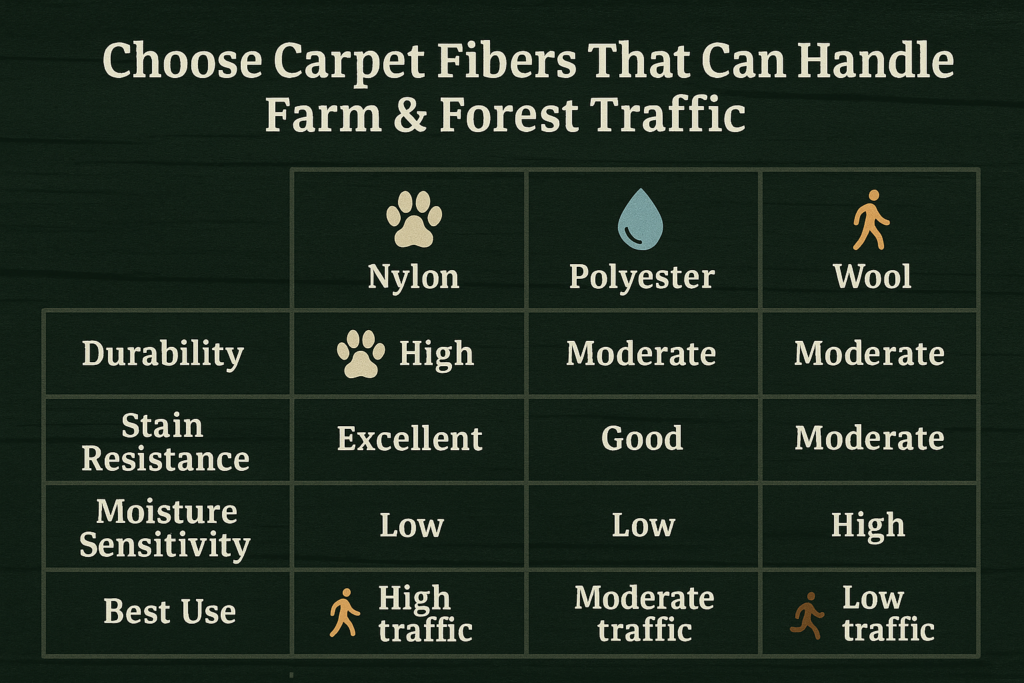
Choose Carpet Fibers That Can Handle Farm & Forest Traffic
Not all carpets are built to withstand the wear of rural living in Lebanon. Farm soil, forest debris, and wet boots bring a mix of grit and moisture that can quickly degrade delicate or absorbent carpet fibers.
For high-traffic areas, solution-dyed nylon carpets offer the best resistance to crushing and staining. Polyester fibers are ideal in homes with pets due to their natural stain resistance, while wool carpets, though luxurious, are more prone to moisture retention and mildew if not properly maintained.
Opt for low-pile designs with moisture-repellent backings, especially over concrete or in homes with unconditioned crawl spaces. When in doubt, ask your installer if the carpet is rated for “high soil load” or “rural application” to provide lasting durability.
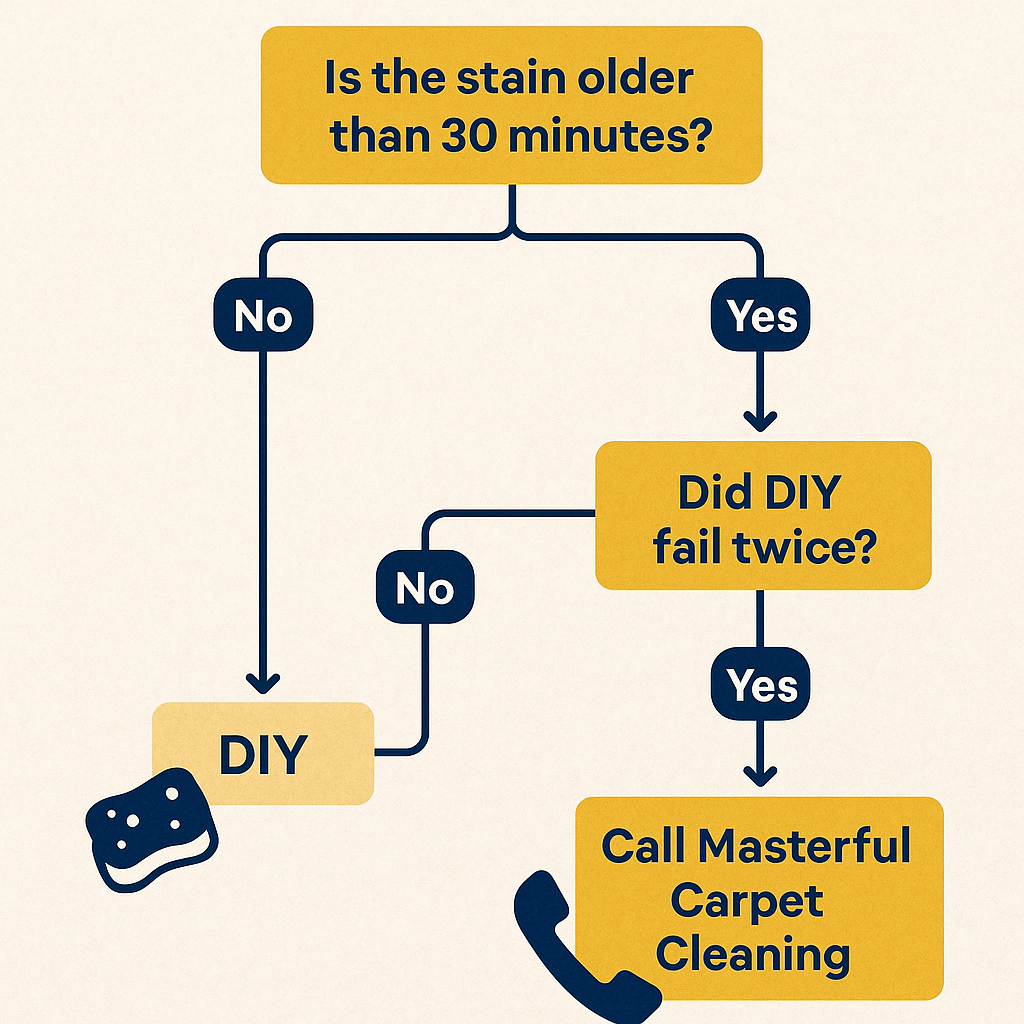
Know When to Spot Clean – and When to Call a Pro
While spot cleaning can handle minor accidents, not all stains are created equal, especially in homes exposed to farm runoff, pet waste, or well water minerals. Misusing over-the-counter cleaners can embed residues deeper into your carpet or permanently alter color in wool and polyester blends.
Use spot cleaning for fresh, localized spills with known sources (e.g., coffee, food, pet urine within 30 minutes). For larger, older, or mystery stains, particularly those with odor or mold potential, it’s time to schedule a professional deep extraction.
Masterful Carpet Cleaning offers rural-specific services that include high-temperature steam, fiber-safe rinses, and deodorization treatments tailored to Oregon’s moisture-rich conditions. If odors return or stains reappear, that’s your cue: call in the pros.
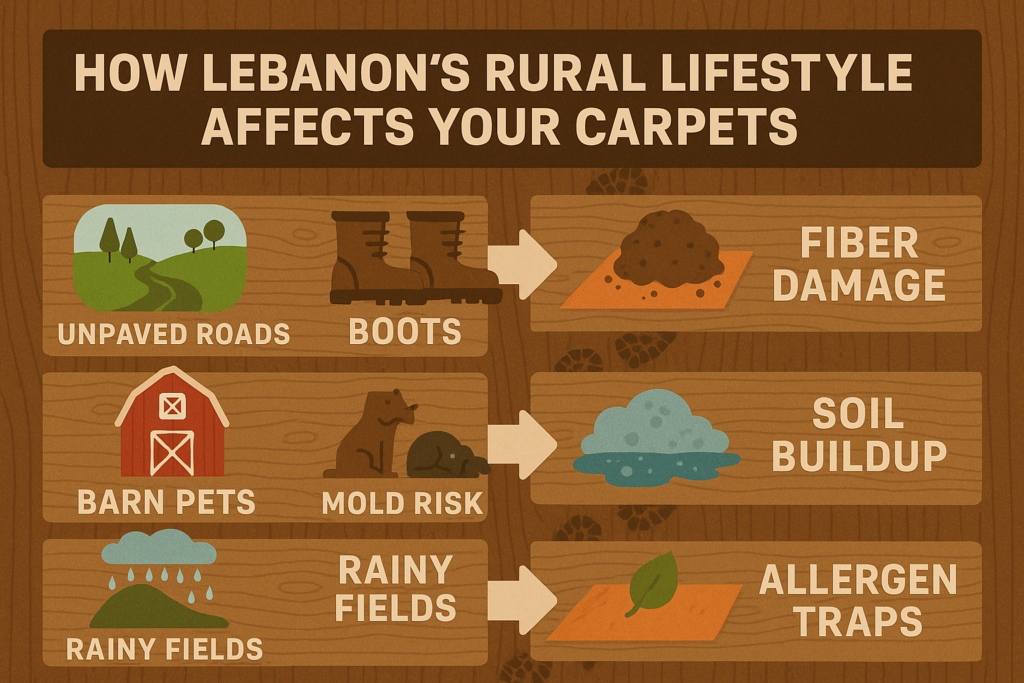
Rural Carpet Care Maintenance Schedule (Seasonal Plan)
In Lebanon’s rural homes, each season brings new threats to your carpets, mud in spring, dust in summer, mildew in fall, and boot moisture in winter. A year-round schedule can minimize wear and protect your investment.
-
Spring: Vacuum high-traffic areas daily to control pollen, pet hair, and track-in from gardens. Apply enzymatic spot cleaners during shedding season.
-
Summer: Install rug mats near doors to catch dry dust and irrigation runoff. Deep clean living areas mid-season to reset fibers.
-
Fall: Target leaf mold and harvest dust with extra vacuum passes in family rooms and around furniture bases.
-
Winter: Lay down moisture barriers at entrances. Use fans or dehumidifiers to reduce boot-dragged snowmelt and salt intrusion.
Carpet Longevity Tips for Lebanon’s Rural Homeowners
How often should rural carpets be deep cleaned?
🧽 “Every 6-9 months, or more often if you have pets or your entryways show high soil load.
Can I use well water to clean my carpets?
💧 Only if softened, high-mineral well water may leave residues or cause discoloration.
What type of carpet holds up best in rural homes?
🧵 Look for solution-dyed nylon or stain-resistant polyester in low-pile form.
How can I prevent carpet odors in muddy seasons?
🌧️ Use a dehumidifier, spot clean immediately, and deep clean before the next season begins.
Should I avoid wool in rural homes?
⚠️ Not necessarily, but you’ll need gentle vacuums, low-humidity levels, and more frequent maintenance.
Author
-

As the Co-Owner of Masterful, Randy has been providing quality cleaning services to the Salem and Portland areas of Oregon for many years. He has built a reputation for excellence in the industry. His team take prides in using the latest cleaning techniques and technologies to deliver exceptional results every time.
View all posts
